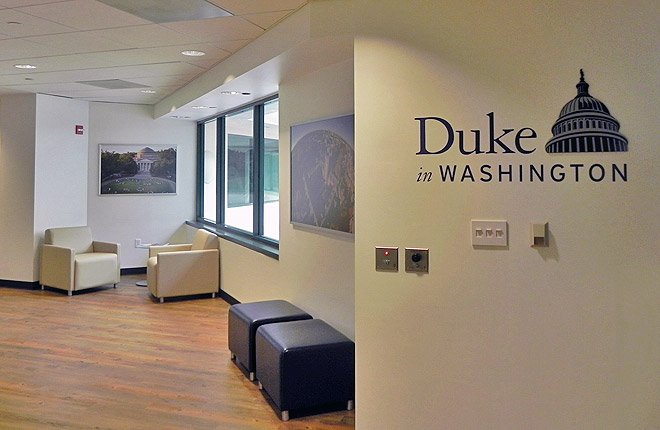Job o’ the Day: Palestine Works’ International Summer Law Fellowships

Palestine Works is a new, US-based nonprofit that engages young professionals and facilitates their sustainable contributions to Palestinian communities. Their first project is the Palestine Works Law Fellowships, which connects law students to internships with human rights organizations and universities serving Palestinians in the Occupied Territory and Palestinian citizens of Israel. Examples of site locations are East Jerusalem, Tel Aviv, Ramallah, Bethlehem, and many more.
Here’s a little bit more information from the Palestine Works website:
We partner with law schools to recruit students interested in working with Palestinian communities, and to ensure the best qualified students are selected as Fellows. The law schools provide the primary funding through their public-interest grant programs. The organizations add whatever funding or in-kind contributions they can. We help Fellows get to their internships, get situated, and get to work. We also organize programs for Fellows during their internships to help them make the most of the experience.
Fellows are expected to continue their service after their internships through scholarship that builds on their summer work, by holding events on their campuses, and through other creative endeavors. We collaborate with Fellows on these legacy projects, connecting them with academics to guide their work, and helping them publish their work in law reviews, academic journals, and new media. Through their internships and legacy projects, Fellows return to their schools and move on to their careers as stakeholders in a better future for the Palestinian communities they serve.
The deadline is March 1, 2013, so don’t hesitate to apply! Log in to PSJD to check out all the positions available at different participating agencies on Palestine Works’ PSJD profile, and quickly send your cover letter, resume , 10-page-or-less writing sample, and law school transcript to apply@palestineworks.org.
If you’re discouraged by lack of funding, don’t be. Go through our Summer Funding lists and apply for one of the many available opportunities. Good luck!
Permalink Comments off










